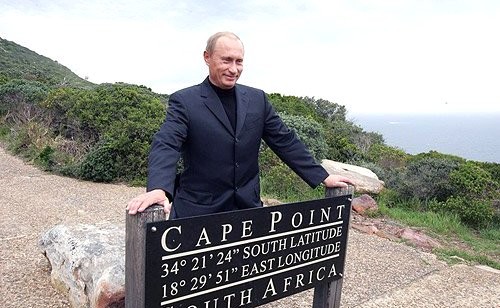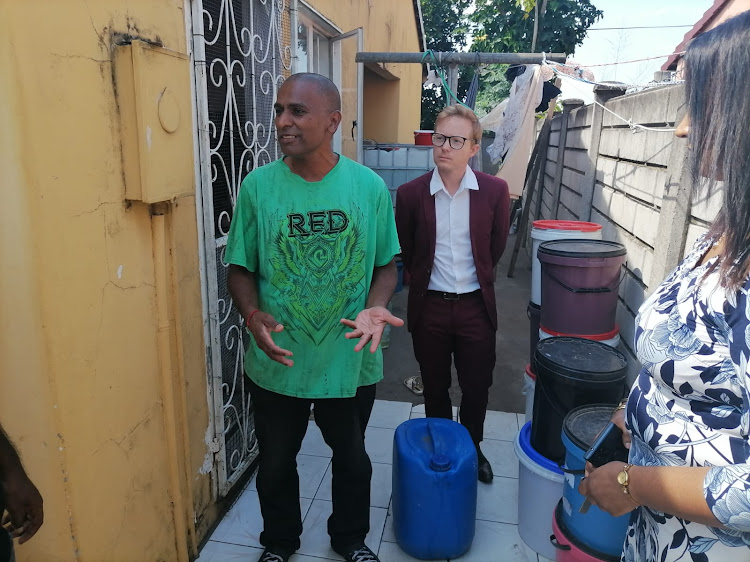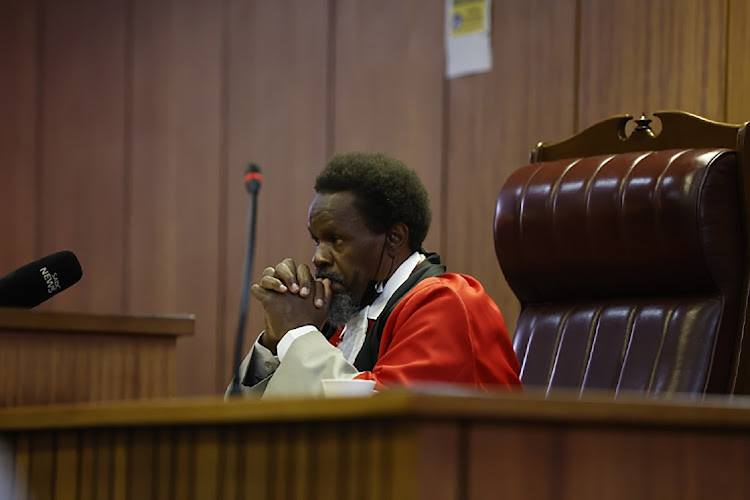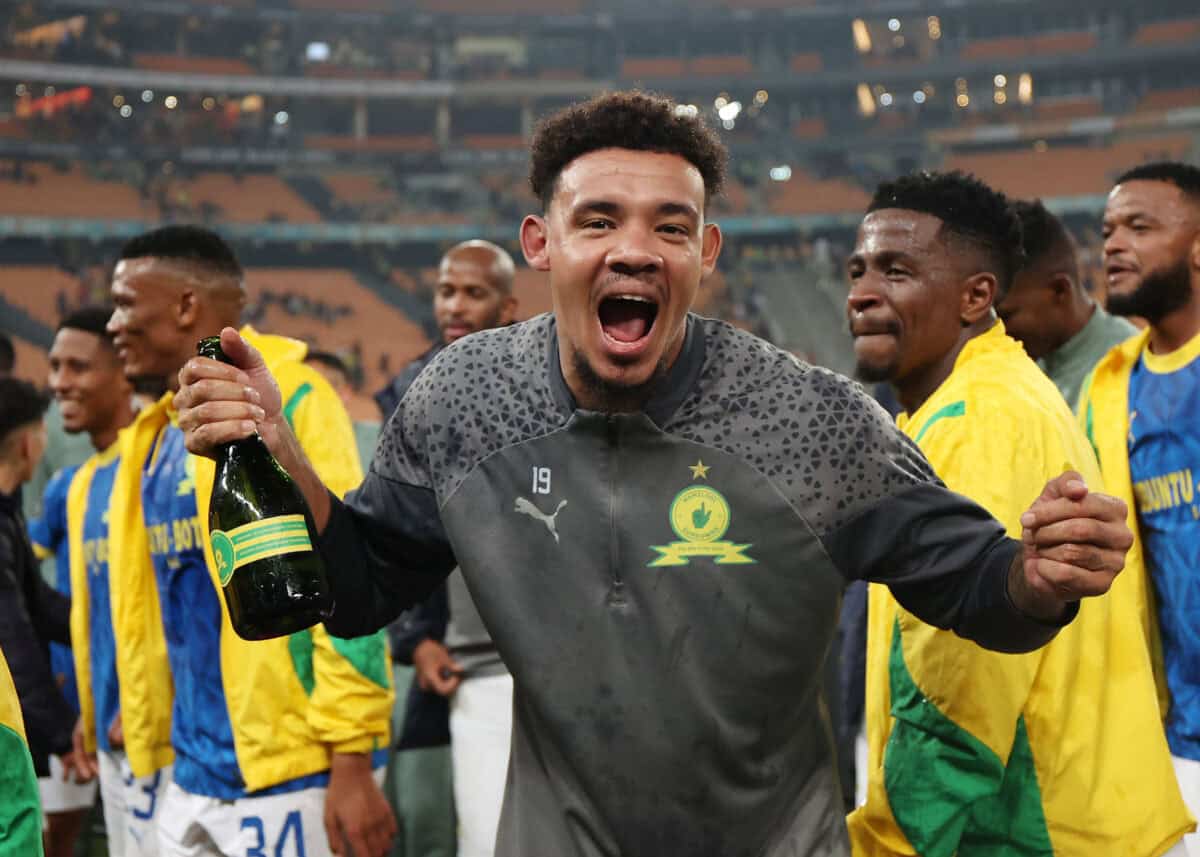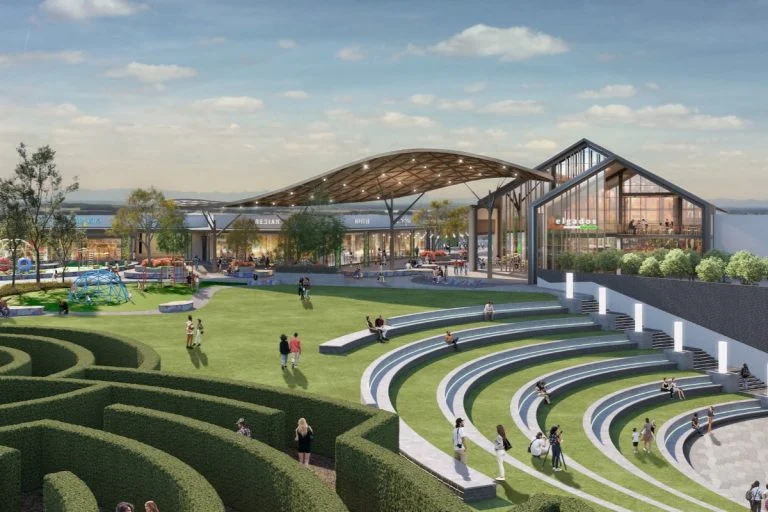Israel accuses South Africa of false claims at ICJ

Israel has accused South Africa of distorting reality in its attempt to get the UN’s top court to force it to stop its military campaign in the town of Rafah in southern Gaza.
The International Court of Justice (ICJ) began two days of hearings on Thursday, when South Africa told the court that Israel intended to “wipe [the Palestinians] off the face of the Earth”, calling Rafah “the final stand”.
Lawyers for Israel are presenting their response to the court on Friday.
The court is already considering a case brought by South Africa in January accusing Israel of committing genocide against the Palestinians in Gaza. Israel has rejected the claim as false and “grossly distorted”.
In its latest application, South Africa is also seeking to force Israel to allow “unimpeded access” to Gaza for aid workers, journalists and investigators.
South Africa laid out its case to the court at The Hague, accusing Israel of escalating what is says is a genocidal campaign against the Palestinians.
The Rafah campaign was “the last step in the destruction of Gaza and its Palestinian people”, South African barrister Vaughan Lowe KC told the court.
“It was Rafah that brought South Africa to the court. But it is all Palestinians as a national, ethnical and racial group who need the protection from genocide that the court can order,” he said.
But, delivering Israel’s response, its Deputy Attorney General, Gilad Noam, said that was an inversion of reality.
“South Africa warns this court that, I quote, ‘if Rafah falls, so too does Gaza’. Once again however, the reality is exactly the opposite,” he said.
“Only by bringing down Hamas’s military stronghold in Rafah will Palestinians be liberated from the clenched grip of the murderous terrorist regime and the road to peace and prosperity may finally be paved.”
Israel began its attack on Hamas in Rafah 11 days ago, amid warnings from the UN and others of a grave risk to civilians. More than a million displaced people had taken refuge in Rafah and more than 630,000 have now fled from there since the start of the operation, the UN says.
Israel says its offensive in Rafah is necessary in order to destroy the last remaining Hamas battalions which are based there and to rescue some 130 remaining Israeli hostages who it believes are being held there.
In January, in a highly charged case which was closely watched around the world, the ICJ ordered Israel to take measures to prevent potentially genocidal acts in Gaza. It also ordered Israel to do more to enable the provision of aid to the people there.
The then president of the court, Joan Donoghue, told the BBC last month that the ICJ did not decide that there was a plausible case for genocide, but rather that the Palestinians had a right to be protected from genocide.
The ICJ is not expected to deliver a ruling on the genocide case for several years. Its rulings are legally binding, but in practice unenforceable by the court.
The latest application is the fourth which South Africa, whose governing party has a long history of solidarity with the Palestinian cause, has filed with the ICJ against Israel’s actions in Gaza.
Israel began its offensive in Gaza after gunmen from the ruling Palestinian group Hamas launched an unprecedented attack on Israel on 7 October, killing about 1,200 people and taking 252 others hostage.
At least 35,303 people have been killed by Israel in the war in Gaza since then, according to the territory’s Hamas-run health ministry.
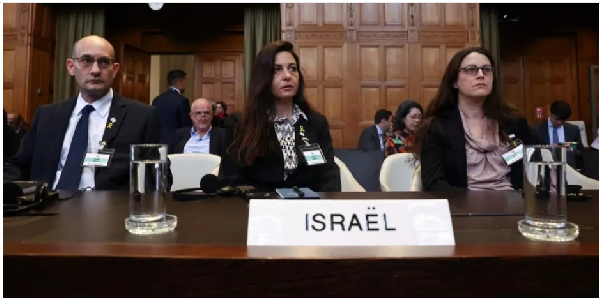
Israel has accused South Africa of distorting the truth in its case at the ICJ
Source: bbc.com

